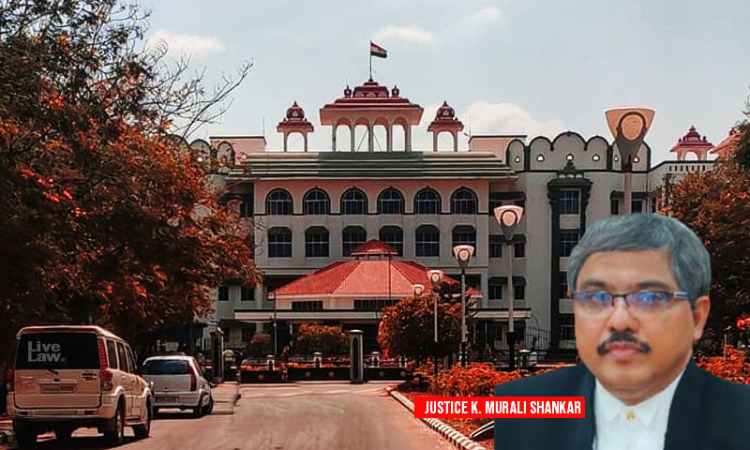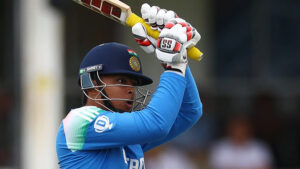The Madras High Court has recently issued a stern warning against the growing menace of unqualified individuals practicing allopathic medicine after obtaining diplomas in the Indian system of medicine. In a landmark judgment, the court highlighted the severe risks posed by these “fake doctors” to public health and underscored the urgent need for stringent regulatory measures to protect society from this grave threat.
The Problem of Fake Doctors
The issue of unqualified practitioners posing as allopathic doctors has become a significant concern across India. These individuals, often holding diplomas in Indian systems of medicine such as Ayurveda, Unani, or Siddha, are illegally practicing allopathy—a completely different system of medicine. This unauthorized practice not only violates legal and ethical standards but also endangers the lives of patients who place their trust in these so-called “doctors.”
The Madras High Court’s intervention comes in response to the alarming rise in cases where individuals with no formal training in allopathic medicine are found prescribing potent drugs, performing surgeries, and offering treatments that fall outside their scope of expertise. The court’s observations have brought this issue to the forefront, calling for immediate and decisive action.
Madras High Court’s Stance
In its judgment, the Madras High Court categorically stated that practicing allopathy without proper qualifications and registration is not only illegal but also constitutes a severe risk to public health. The court emphasized that holding a diploma in an Indian system of medicine does not qualify an individual to practice allopathy, as the two fields are based on entirely different principles, diagnostic methods, and treatment protocols.
The court also pointed out that such practices are a direct violation of the Medical Council of India (MCI) regulations, which mandate that only those with recognized degrees in allopathic medicine (MBBS) and who are registered with the MCI or the respective State Medical Councils can legally practice allopathy.
The Dangers of Unqualified Practice
The dangers posed by fake doctors are manifold. Firstly, these individuals often lack the necessary training to accurately diagnose and treat conditions according to allopathic principles. Their lack of knowledge can lead to misdiagnoses, inappropriate treatments, and the prescription of incorrect or harmful medications. This can result in severe complications, prolonged illness, and in extreme cases, death.
Secondly, the practice of allopathy by unqualified individuals undermines public trust in the healthcare system. Patients who suffer due to the negligence or incompetence of these fake doctors may lose faith in medical professionals altogether, which can have far-reaching consequences for public health.
Lastly, such practices contribute to the proliferation of quackery and pseudoscience, further complicating the already complex landscape of healthcare in India. The presence of unqualified practitioners can blur the lines between legitimate medical practice and charlatanism, making it difficult for patients to distinguish between qualified doctors and imposters.
The Need for Regulatory Enforcement
The Madras High Court’s judgment serves as a wake-up call for regulatory bodies and the government to strengthen enforcement mechanisms to curb the menace of fake doctors. The court has urged the authorities to take immediate steps to identify and prosecute individuals who are practicing allopathy without proper qualifications.
One of the key measures suggested is the implementation of a robust system for verifying the credentials of medical practitioners. This includes stricter licensing procedures, regular audits of medical practices, and the establishment of a centralized database to track the qualifications and registration status of doctors across the country.
In addition, there is a need for public awareness campaigns to educate citizens about the importance of consulting only qualified and registered medical practitioners. Patients should be encouraged to verify the credentials of their doctors before undergoing treatment and report any suspicious or unqualified practitioners to the authorities.
Sponsored
FACTS Transcripts
Apply for a University document anywhere
https://www.factstranscript.com
Quick Transcripts for popular Universities, check your University name now and get started. We help you to get your transcript application online which is accepted for use of IRCC.
No DD, NO Paperwork. 100% Authentic, Reliable.
FACTS Transcripts Charges · Reviews · Assam Universities · Home · Know your University











